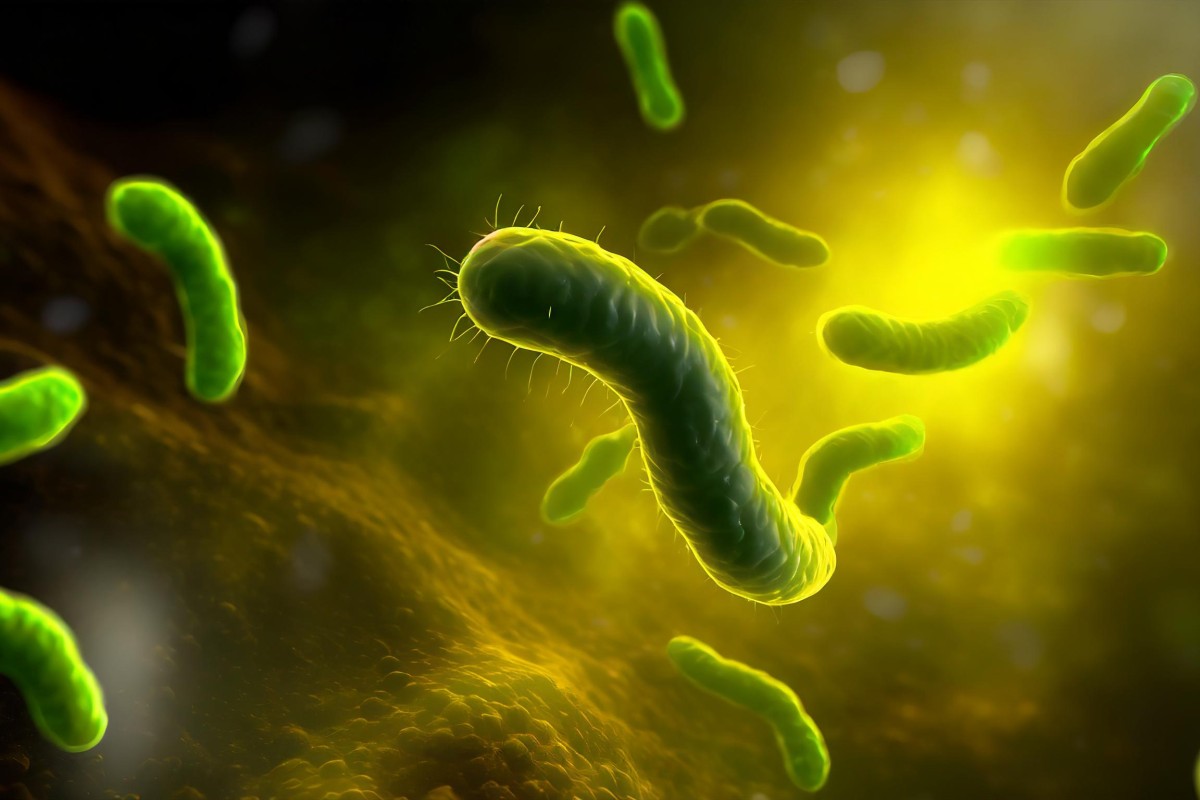What is Campylobacter? 10 Things You Need to Know

Campylobacter bacteria are commonly found in domestic and wild animals and can cause serious cases of food poisoning, known as Campylobacteriosis, if transmitted to humans.
The bacteria has to be ingested by humans in order to become infectious, but there are lots of simple steps you can take to avoid becoming ill.
Read on for 10 things about Campylobacter from Addmaster:
- There are over 30 species of this bacteria, which are named after its helical shape as Campylobacter literally means ‘twisted bacteria’.
- Normally found in the digestive tract and faeces of animals, Campylobacter is transmitted to humans as a result of poor food safety and hygiene.
- Poultry is most commonly affected, and FSA studies have found approximately 73% of raw retail chicken and 7% of raw chicken outer packaging is contaminated.
- In addition to raw chicken, red meat, liver, eggs, unpasteurized dairy products and other poultry can be contaminated with Campylobacter.
- Campylobacter is the main cause of food poisoning in the UK with over 280,000 people affected each year, with one fatality from serious cases every three days.
- Less than 500 bacteria can cause an illness, with symptoms such as diarrhea and stomach cramps after an incubation period of 2-5 days.
- Treatment for most cases includes resting and staying hydrated, while more severe cases may require a course of antibiotics to clear the infection. Most patients recover without long term implications, but rare cases can lead to reactive arthritis and Guillain-Barre Syndrome.
- Good food safety should be practiced when handling raw chicken. Wash hands thoroughly with soap and water before and after handling chicken and disinfect surfaces or any utensils used.
- Avoid rinsing or washing chicken under the kitchen tap as this can spread bacteria across to other surfaces, and ensure it is cooked thoroughly (to 75C in the thickest part of the meat) before eating.
- The FSA advise that the outer packaging of raw chicken can harbour Campylobacter which can be viable for up to 8 weeks. Pack raw chicken packaging separately from other food types and clean reusable bags when shopping to prevent cross-contamination – or use a Biomaster Antibacterial Bag for Life.



